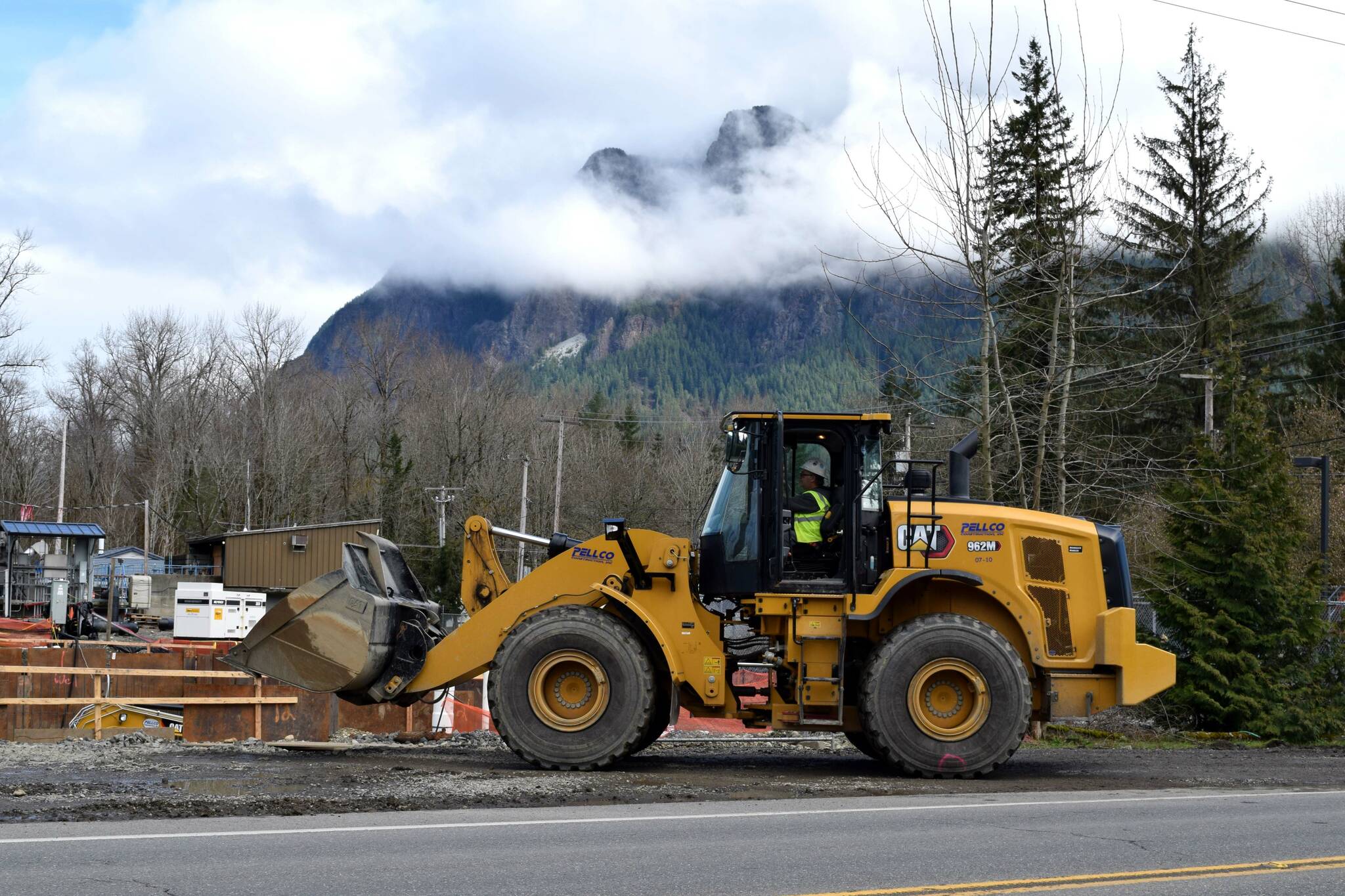Staff at the City of North Bend will now be allowed to approve preliminary development applications ahead of its sewer availability project, after the city council approved a change to the city’s municipal code on May 3.
The amendment, approved by a 4-1 vote of the council, allows city staff to issue conditional sewer certificates and review applications for plats, short plats and binding site plans ahead of available sewer capacity, assuming capacity becomes available within two years. The change does not permit any physical construction or site grading to occur before developments go through a concurrency test to prove actual sewer availability.
The code change also does not include water certificates, with developers still needing an actual water certificate for preliminary applications to be processed.
Under the former city code, city staff were unable to begin the months-long process of checking whether a development application was compliant with the city’s municipal code and comprehensive plan until after sewer capacity was made available.
The change comes as the city has several residential development projects in the pipeline, but won’t have the additional sewer capacity needed for those projects until 2023. Staff say the change is a paper approval in an effort to prevent bottlenecks and improve workflow efficiency as they wait.
“What we’re trying to avoid is a situation where we have a number of applications,” said Mike McCarty, a senior planner with the city. “We don’t want those to come in all at once.”
Additional capacity is expected to come in the fall of 2023 after $35 million worth of improvements at the city’s wastewater treatment plant wraps up. Construction on the plant began in 2016 after the city discovered it was near failing and possessed a potentially significant environmental risk. When finished, it is it is expected to generate enough sewer capacity for two decades of projected growth, McCarty said.
“We know those treatment plans are coming. We’ve paid for those. They’re under construction. It’s just a matter of when it gets done,” he said at a March planning commission meeting.
Mayor Pro Tem Jonathan Rosen was the lone no vote on the proposal. At the meeting, Rosen said he had concerns that the policy could open the city up to litigation if sewer capacity isn’t available to developers.
City staff pointed out that the amendment includes a requirement that those who receive a conditional sewer certificate sign an agreement with the city that they will not file suit for delays or lack of availability.
Jean Buckner, the president of the Friends of the Snoqualmie Valley Trail and River, a conservation nonprofit that focuses on the health of the Snoqualmie River, said she doesn’t see the need for this code change. She expressed concern that the policy would encourage overreach and questioned the value of a conditional certificate.


